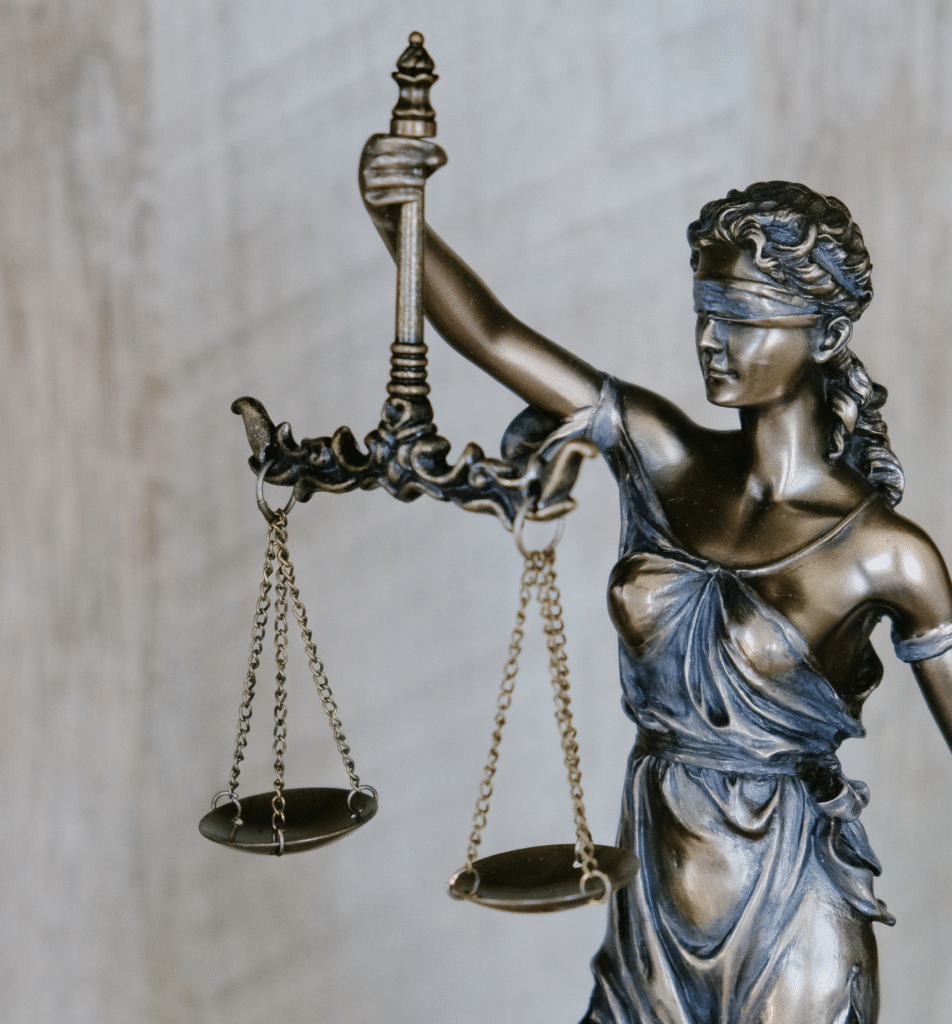Understanding Challenges for Cause in Texas Jury Selection
Jury selection is a critical phase in the trial process, ensuring that defendants receive a fair trial by an impartial jury. In Texas, the legal framework governing this process is outlined in the Texas Code of Criminal Procedure, specifically Article 35.16. This article enumerates the grounds upon which a party may challenge a prospective juror for cause, aiming to uphold the integrity of the judicial system.
What Is a Challenge for Cause?
A challenge for cause is an objection raised against a prospective juror, asserting that a specific fact renders the juror unfit to serve on the jury. Unlike peremptory challenges, which allow parties to dismiss jurors without stating a reason, challenges for cause require the objecting party to provide a legally recognized justification. The court evaluates these reasons to determine whether the juror should be excused from service.
Grounds for Challenge for Cause
Article 35.16(a) lists several reasons a juror may be disqualified:
- Lack of Qualification: The juror is not a qualified voter in the state and county.
- Criminal History: The juror has been convicted of misdemeanor theft or a felony.
- Pending Charges: The juror is under indictment or other legal accusation for misdemeanor theft or a felony.
- Mental Incapacity: The juror is insane.
- Physical or Mental Defects: The juror has a defect in the organs of feeling or hearing, or such bodily or mental defect or disease as to render the juror unfit for jury service.
- Legally Blindness: The juror is legally blind and the court is not satisfied that the juror is fit for jury service in that particular case.
- Witness in the Case: The juror is a witness in the case.
- Previous Jury Service: The juror served on the grand jury which found the indictment or on a petit jury in a former trial of the same case.
- Bias or Prejudice: The juror has a bias or prejudice in favor of or against the defendant.
- Preconceived Conclusion: The juror has established a conclusion as to the guilt or innocence of the defendant that would influence the verdict.
- Illiteracy: The juror cannot read or write.
Additionally, the State may challenge a juror for cause if the juror has conscientious scruples regarding the infliction of the death penalty in a capital case, or if the juror is related within the third degree of consanguinity or affinity to the defendant. Conversely, the defense may challenge a juror if they are related within the third degree of consanguinity or affinity to the person injured by the commission of the offense or to any prosecutor in the case .
The Process of Challenging a Juror for Cause
When a challenge for cause is raised, the court conducts an examination to determine the validity of the objection. The prospective juror is questioned to ascertain whether any of the disqualifying conditions apply. If the court finds that the juror is unfit to serve, the challenge is sustained, and the juror is excused from the panel.
It’s important to note that while challenges for cause are based on specific legal grounds, the application of these grounds can be subject to interpretation. This subjectivity can lead to disputes over whether a juror should be excused, potentially impacting the fairness of the trial.
Conclusion
Challenges for cause serve as a safeguard in the jury selection process, ensuring that jurors are qualified and impartial. Understanding the legal grounds for such challenges is essential for parties involved in a trial, as it helps maintain the integrity of the judicial system and upholds the constitutional right to a fair trial.

